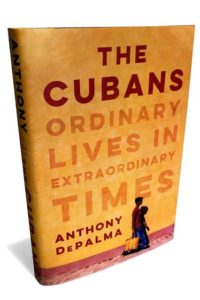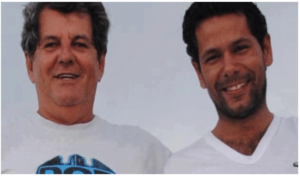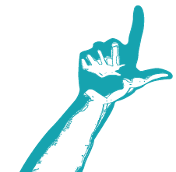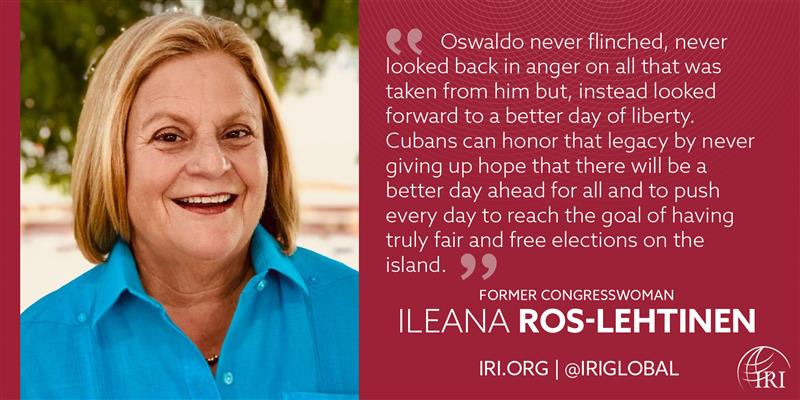Ana Hebra Flaster reviews “The Cubans” by Anthony DePalma https://t.co/MJgD7dxbIf via @WSJ
— Democracy Digest (@demdigest) July 23, 2020
The Cuban government imposes draconian rules on doctors deployed in medical missions globally that violate their fundamental rights. Governments seeking support from Cuban health workers to respond to the Covid-19 pandemic should press Cuban authorities to modify applicable regulations and laws that violate the right to privacy, freedom of expression and association, liberty, and movement, among others, Human Rights Watch said today:
According to the Cuban government, over the past nearly 60 years, Cuba has deployed over 400,000 health workers across 164 countries to help tackle short-term crises, natural disasters, and, currently, the Covid-19 pandemic….. In November 2019, the UN special rapporteurs on contemporary forms of slavery … said the the working conditions of Cuban medical missions reported to them, including from first-hand sources, “could amount to forced labor.”
“Governments interested in receiving support from Cuban doctors should press the Cuban government to overhaul this Orwellian system that dictates with whom doctors can live, fall in love, or talk,” said José Miguel Vivanco, Americas director at Human Rights Watch.

WSJ
By the end of Anthony DePalma’s remarkable book “The Cubans: Ordinary Lives in Extraordinary Times,” a young Afro-Cuban woman’s faith in the Cuban Revolution and the classless, race-blind system it promised has vanished, Hebra Flaster writes for The Wall Street Journal:
She’s gone from a rising star in the Communist Party—she returned from the Soviet Union as an economist and rose to become vice minister of light industry with her own car and driver—to a struggling business owner hunting for needles and thread. Cuba, as the author explains, permits some private businesses to operate, but restricts their growth and the accumulation of wealth. Mr. DePalma gives us an unforgettable analogy that sums up Cary’s plight. Cuba, he says, “is toying with capitalism the way a tiger plays with its prey: tapping it lightly one minute, squeezing the life out of it the next.”
On July 22, 2012 Oswaldo Payá was killed, along with Christian Liberation Movement youth leader Harold Cepero in what was an extrajudicial killing carried out by Cuban state security, Cuba Brief reports.

Oswaldo Payá and Harold Cepero Credit: CubaBrief
Paya was the Havel of Cuba, meaning that he was Cuba’s most widely known and internationally respected democratic dissident, the embodiment of the Cuban people’s hope for a peaceful path to freedom,” said Carl Gershman, President of the National Endowment for Democracy (NED).
Havel famously once said that the power of the powerless in resisting totalitarianism is to live within the truth, which he said was a threat to a political system based on lies. Paya understood this very well, he told a forum on the legacy of Oswaldo Paya organized by Cuba Decide:
Like Havel, he was a person who also lived in truth and who understood the need to challenge the Cuban regime’s Orwellian inversion of that truth. He made this clear in a memorable video message that he sent to the memorial meeting we held for Havel in January 2012. Raul Castro had just announced some cosmetic reforms to stimulate Cuba’s crippled economy and to make it appear to the outside world that Cuba was changing for the better. Paya called it “fraudulent change” under which “those that have all the power may keep it and once more marginalize the people of Cuba.”
 Participants at the Cuba Decide forum were asked to make the gesture of Liberation (Liberación – right) with their right hand, as used by Payá to demand freedom.
Participants at the Cuba Decide forum were asked to make the gesture of Liberation (Liberación – right) with their right hand, as used by Payá to demand freedom.
As the International Republican Institute (IRI) remembers Payá on the anniversary of his death, IRI asked political leaders and activists – including U.S. Senator Marco Rubio and Cuban opposition leader José Daniel Ferrer – to share their reflections on his life and legacy, writes IRI’s Alejandra Marma-Gutiérrez:
Founder of the Christian Liberation Movement and primary organizer of the Valera Project, Payá devoted his career to opposing Cuba’s one-party rule and fighting for freedom of speech and other core political rights. His selfless dedication to protecting human rights won the admiration of many – recognitions included the Sakharov Prize for Freedom of Thought from the European Parliament in 2002.








